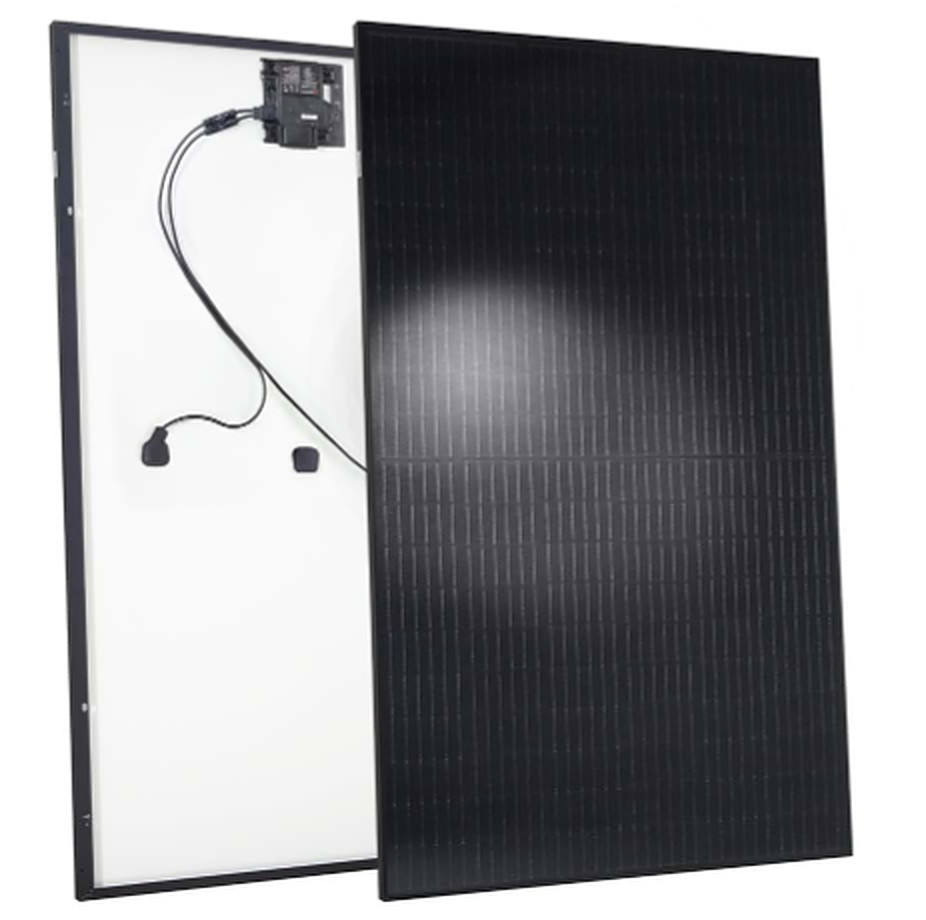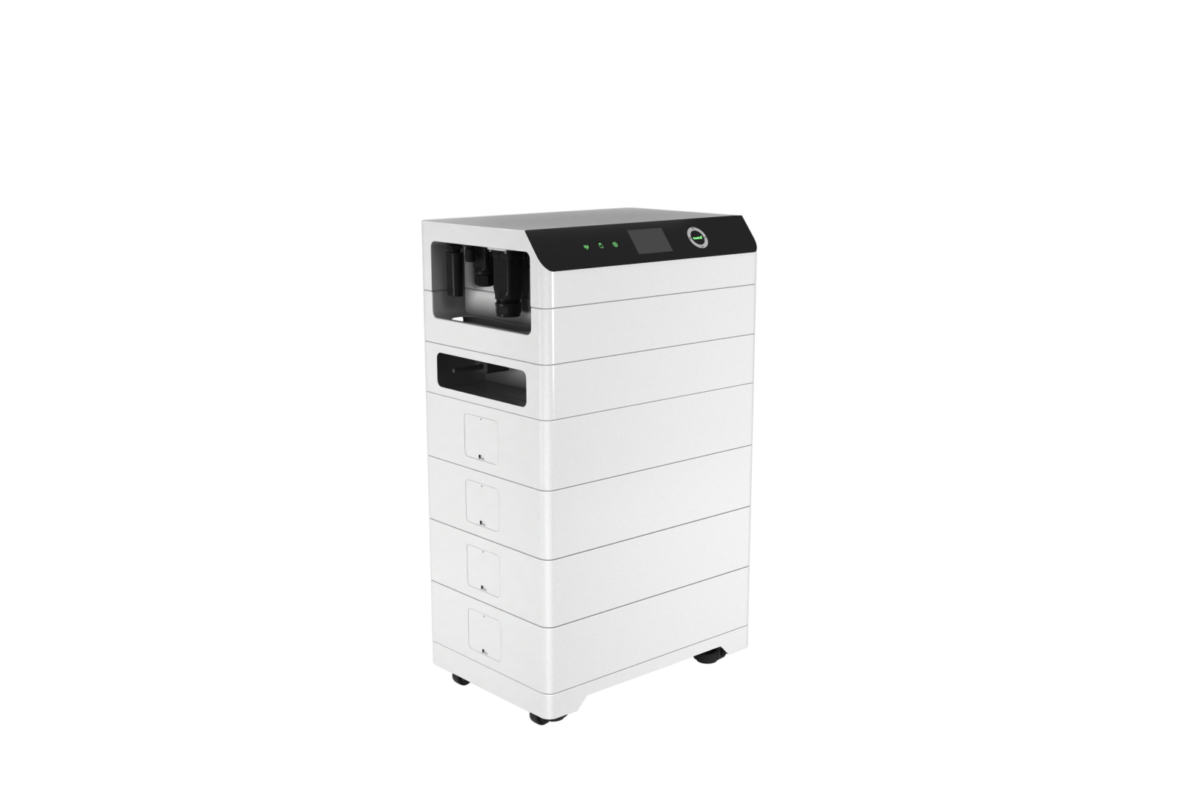South Korean module manufacturer Hanwha Q Cells and US micro-inverter manufacturer Enphase have launched their Q.PEAK DUO ML-G9+/AC solar panel featuring Enphase IQ 7+ micro-inverters in the European market.
“The latest iteration of this partnership is the Q.PEAK DUO ML-G9+/AC module, which combines Q Cells Q.antum Duo zero-gap technology with Enphase Energy’s seventh-generation IQ microinverter technology to reach a module efficiency of up to 20.6% and a power output of up to 385 W,” Hanwha Q Cells said in a statement.
The monocrystalline module has a 12-busbar design and incorporates Enphase IQ 7+ microinverters with a 96.5% European efficiency and 295 volt-amperes (VA).
“We are proud to launch the Q.PEAK DUO ML-G9+/AC module into Europe, which is now primed to embrace the benefits of module-level improvements in efficiency and performance that other regions, such as the US and Australia, have already enjoyed,” said Hanwha Q Cells CTO Daniel Jeong.
Hanhwa Q Cells launched the first version of the product, the Q.PEAK DUO ML-G6+/AC panel, in the United States in June 2020.It featured a conversion efficiency of 19.5% and a power output of up to 345 W. The product measures 1740 × 1030 × 40 mm and weighs 21.4 kg. It can operate with a system voltage of 1,000 V and has a power temperature coefficient of -0.36% per degree Celsius. The open-circuit voltage is 40.92 V and the short-circuit current is 10.58 A. It comes with a 25-year performance guarantee and a25-year product warranty. According to the manufacturer, its power output can still reach 85% of its original performance after 25 years.
Enphase recently launched AC modules in partnership with German manufacturer Sonnenstromfabrik and Chinese industrial conglomerate and monocrystalline module maker DMEGC. Enphase had previously entered into similar partnerships with Longi, Solaria, Panasonic, and SolarWorld.
*The article was amended to reflect that the product has a 25-year product warranty and not a 10-year warranty, as we previously reported.
This content is protected by copyright and may not be reused. If you want to cooperate with us and would like to reuse some of our content, please contact: editors@pv-magazine.com.




Are the micro Inverters serviceable and replaceable?